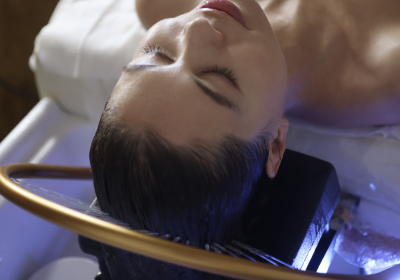For those of you making the most of summer nutrients, sunshine, and joy of holidays to get pregnant, I am sharing a list of little herbal helpers to give you a gentle yet powerful boost and bring you closer to your baby dream.
What natural remedies help to get pregnant and where should you start? These are my go to herbs for women and men, to help you get pregnancy ready.
With fertility clients, my program always starts with assessing any imbalances and nutrient deficiencies in the body that may be in the way of getting pregnant, as well as staying pregnant. Factors such as stress, chronic fatigue, inflammation, nutrient deficiencies, poor gut health or heavy metal toxicity, can all be contributing to fertility struggles. It’s important we address them before we do anything else.
Next, I would be designing the plan to support hormone levels, boost sperm and egg quality and provide the body with sufficient energy to facilitate and maintain pregnancy. There are so many amazing herbs that help achieve these goals!
While each and every herbal prescription is individualised, when it comes to fertility it will most likely include 3 important categories: hormonal balancers, uterine tonics, adrenal/qi tonics.
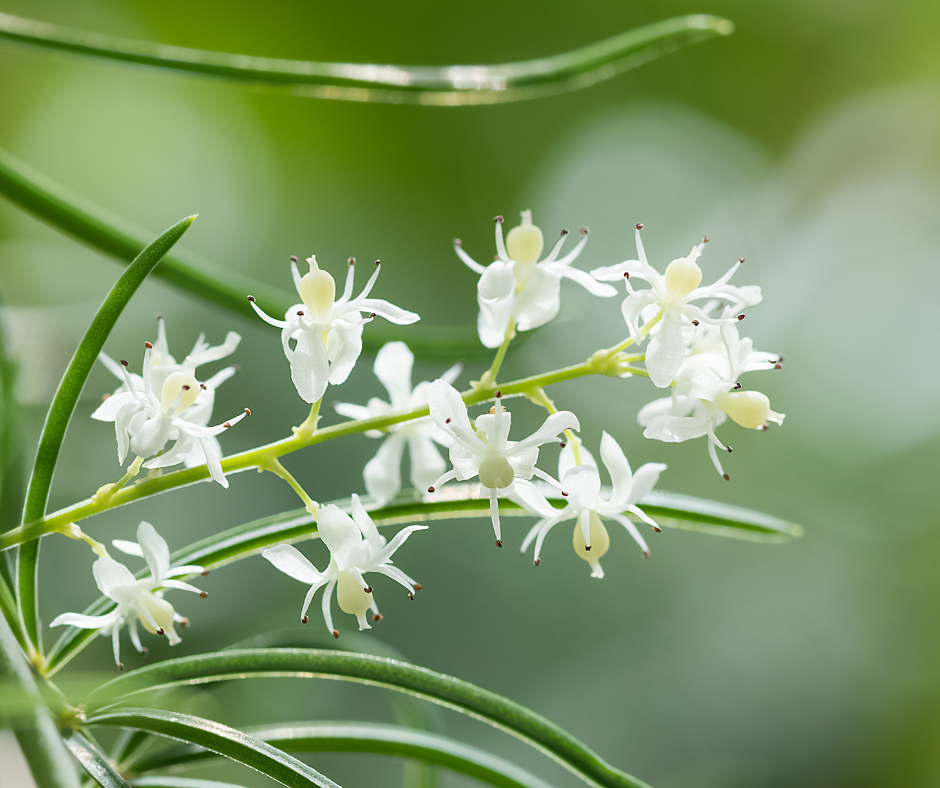
Shatavari (Asparagus Rasemosus) – hormonal balancer, reproductive tonic, adaptogen
Shatavari is considered to be the most important fertility tonic for women in Ayurvedic medicine. Perfect for those looking to regulate hormonal imbalances, boost libido, enhance follicle growth and ovulation.
It is also great for preparing the womb for conception and preventing miscarriages. Shatavari has adaptogenic and immunological properties and supports women with stress-induced and immune-mediated infertility and history of infections.
Additionally, it improves secretion of cervical mucus and is responsible for helping the sperm get through the female reproductive tract and meet the egg. Post birth, Shatavari is even given to lactating women to improve the quality and quantity of breast milk.1
Chamaelirium Luteum (False Unicorn root) – ovarian and uterine tonic
False unicorn root is known for its ability to regulate and normalise ovarian function as well as support normal uterine function.
It has also been used historically for a wide variety of gynaecological complaints, such as infertility, atony of female reproductive organs, amenorrhoea, irregular periods, period pain and miscarriage.
For infertility, it has been considered useful for congestion or stagnation of the uterus or ovaries (i.e. endometriosis, fibroids).2
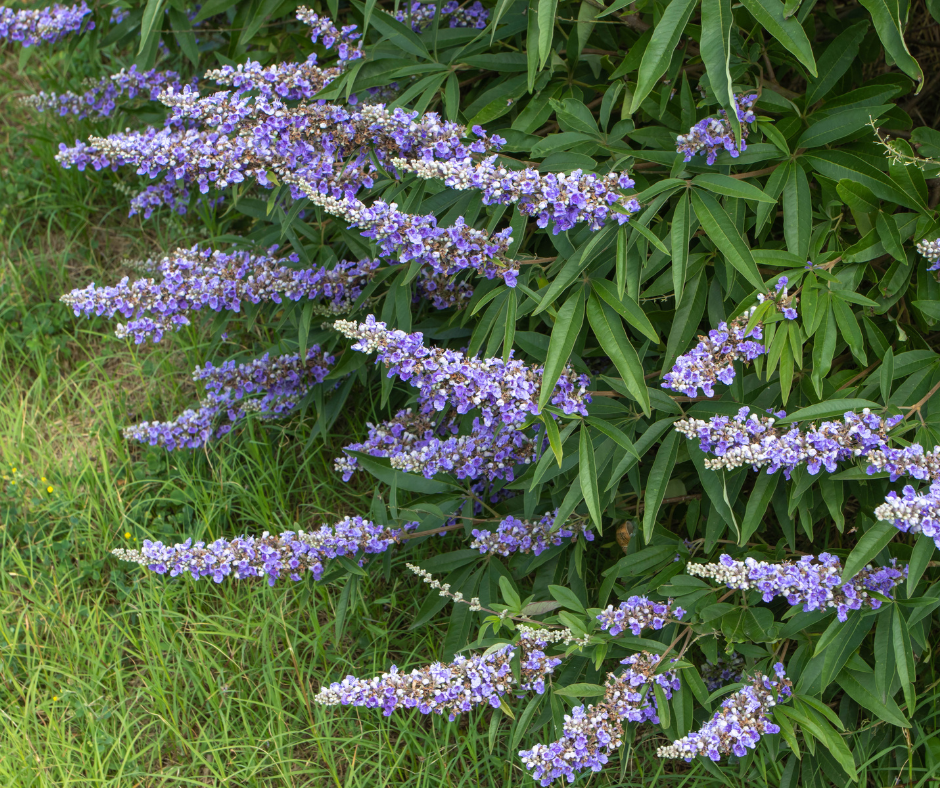
Vitex (Chaste berry) – hormone balancer, phytoestrogen
Looking to regulate your menstrual cycle?
Vitex has a long history of use for this due to its ability to normalise prolactin levels, enhance corpus luteum development and correct progesterone deficiency. Vitex is beneficial for modulating pituitary’s production of luteinizing hormone (LH), while mildly inhibiting follicle stimulating hormone (FSH).
Therefore it should be considered as a first-line botanical remedy for infertility associated with amenorrhea, hyperprolactinemia and luteal insufficiency.
White Peony (Paeonia Lactiflora) – hormone balancer
For those struggling with polycystic ovarian syndrome (PCOS), White Peony is known for its amazing ability to treat and infertility associated with it.
Peony helps with converting excess testosterone which causes PCOS into estrogen and, in doing so, it also supports ovulation. It is also used to normalise prolactin levels, as well as to tone the uterus in preparation for pregnancy, supporting implantation. 3
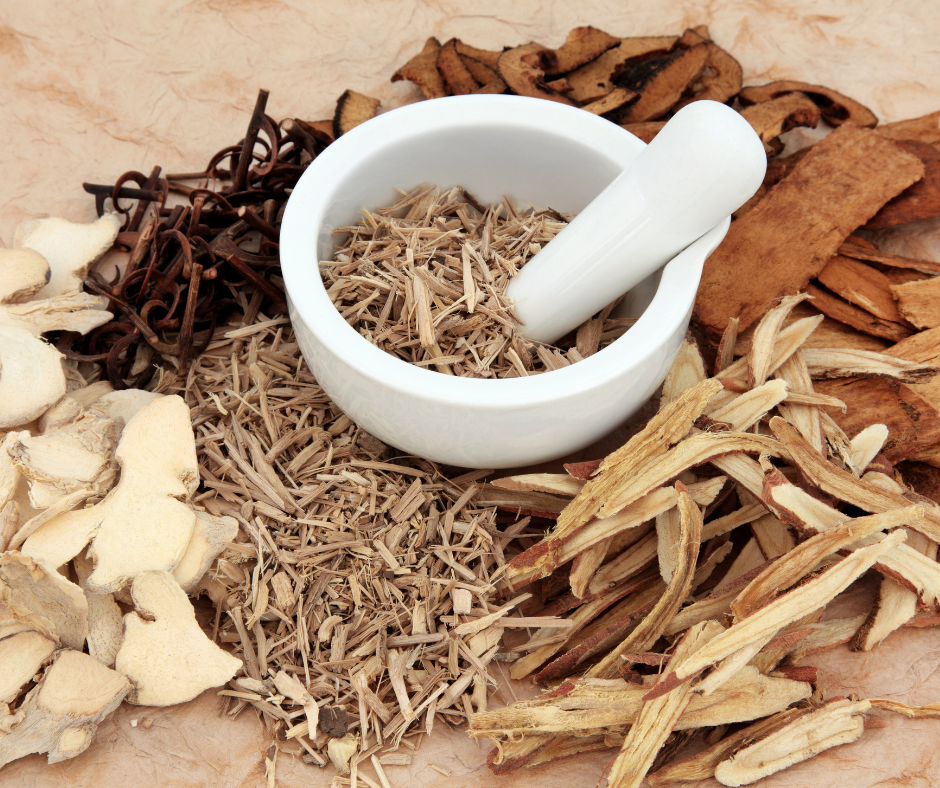
Licorice (Glycyrrhiza Glabra) – adrenal tonic, adaptogen
Licorice and peony are a match made in heaven as they work synergistically to treat PCOS and reduce inflammation that accompanies it.
Licorice is also an adaptogen that supports adrenal function and helps the body to generate sufficient energy to grow healthy follicles. It is also a natural antioxidant which protects cellular integrity of eggs and sperm.4
Dong Quai (Angelica Sinensis) – hormone balancer, emmenagogue, uterine and blood tonic
Dong Quai is another important herb for the uterus which improves blood circulation in the pelvic area and is prescribed for late or absent periods and dysmenorrhoea. Dong Quai is also called blood tonic in Chinese medicine and has been shown to improve blood counts, making it extremely helpful with anaemia caused by heavy periods.
Something for Men: Herbs to increase sperm count, volume and motility
Withania Somnifera (ashwagandha) – adaptogen, male fertility tonic
Ashwagandha has long been used in Ayurvedic medicine as an adaptogen to restore health and vitality. It is immune-boosting and improves energy in patients experiencing stress-induced illness and exhaustion.
It is also effective at calming nervous tension and promoting sleep. Additionally, the herb is a potent reproductive tonic for men, specifically, improving sperm count, quality and motility.
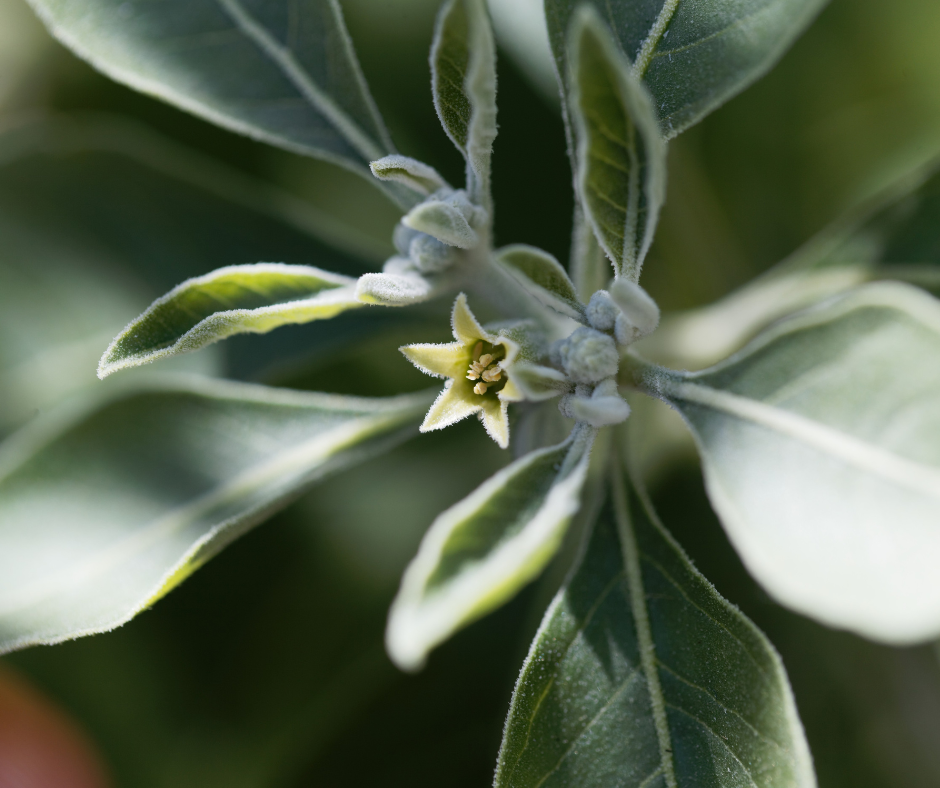
Damiana (Turnera Aphrodisiaca) – aphrodisiac, testosterone booster
Damiana’s Latin name gives us a clue about its effect on libido in men and women. In addition, it is used for impotence, erectile dysfunction, and low testosterone.
In clinical trials Damiana demonstrated ability to restore sperm count and motility as well as reducing sperm morphological abnormalities and sperm DNA fragmentation, making it one of the best herbs to restore male fertility.5
Panax Ginseng – adaptogen
Panax ginseng is a well-known adaptogen which increases energy and resilience to stress. Many studies have demonstrated the bioactivity of ginseng, namely its antioxidant, anti-inflammatory, anti-aging, anti-diabetic and anti-cancer properties.6
Additionally, Saponins in ginseng boosts libido and sexual function in men and women and increases sperm quality, motility and production in men.

Jenya Di Pierro
Founder & CEO, Naturopath, Herbalist and Homeopath BSc, MSc, DipCNM, AMH, ANP
Works Cited:
Alok S. et al, ‘Plant profile, phytochemistry and pharmacology of Asparagus racemosus (Shatavari): A review’, Asian Pacific Journal of Tropical Disease, 2013 June(3 (3)), pp. 242–251. doi:10.1016/S2222-1808(13)60049-3.
Trickey, R. (2003). Women, Hormones, & The Menstrual Cycle. 2nd ed. Canberra: Griffin Press. pp.427-428
Trickey, R. (2003). Women, Hormones, & The Menstrual Cycle. 2nd ed. Canberra: Griffin Press. pp.455-456.
Shamsi M. et al, ‘Protective effects of licorice extract on ovarian morphology, oocyte maturation, and embryo development in PCOS-induced mice: An experimental study’, International Journal of Reproductive BioMedicine, 2020 Oct(18(10)), pp. 865–876. doi:10.18502/ijrm.v13i10.7771
Kumar G. et al,‘Oral administration of Turnera diffusa willd. ex Schult. extract ameliorates steroidogenesis and spermatogenesis impairment in the testes of rats with type-2 diabetes mellitus’, J Ethnopharmacol , 2023 Oct 5. doi: 10.1016/j.jep.2023.116638
Lee H. et al, ‘Ginseng for Improving Semen Quality Parameters: A Systematic Review’, World Journal Mens Health, 2020 Jul(38(3)), pp. 377–384. doi:10.5534/wjmh.190125.
Tags: Health, Wellness, Fertility, Herbal Remedies | Author: Jenya Di Pierrro: Founder, Naturopath & Herbal Medicine Practitioner BSc, MSc, DipCNM, AMH, ANP






